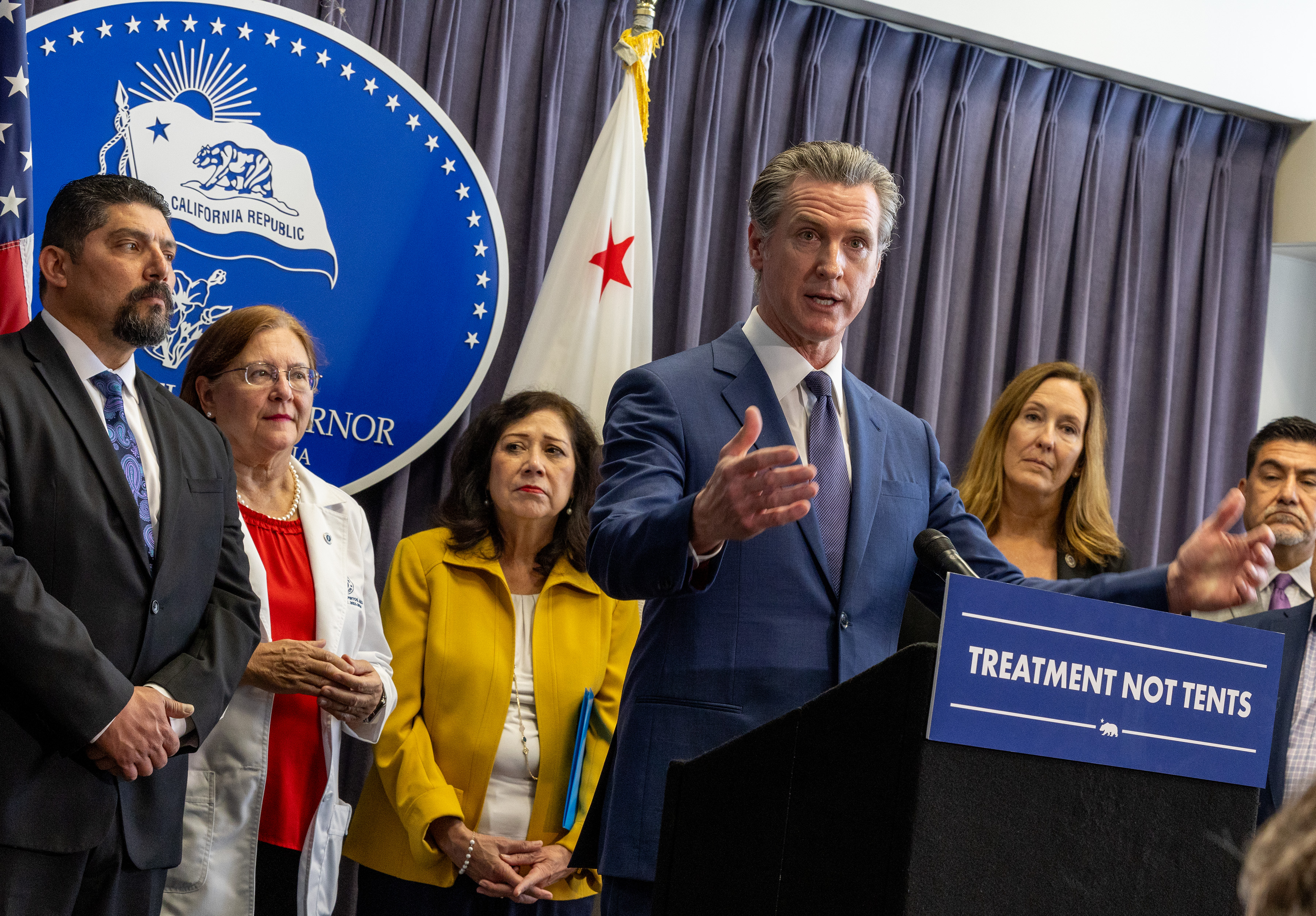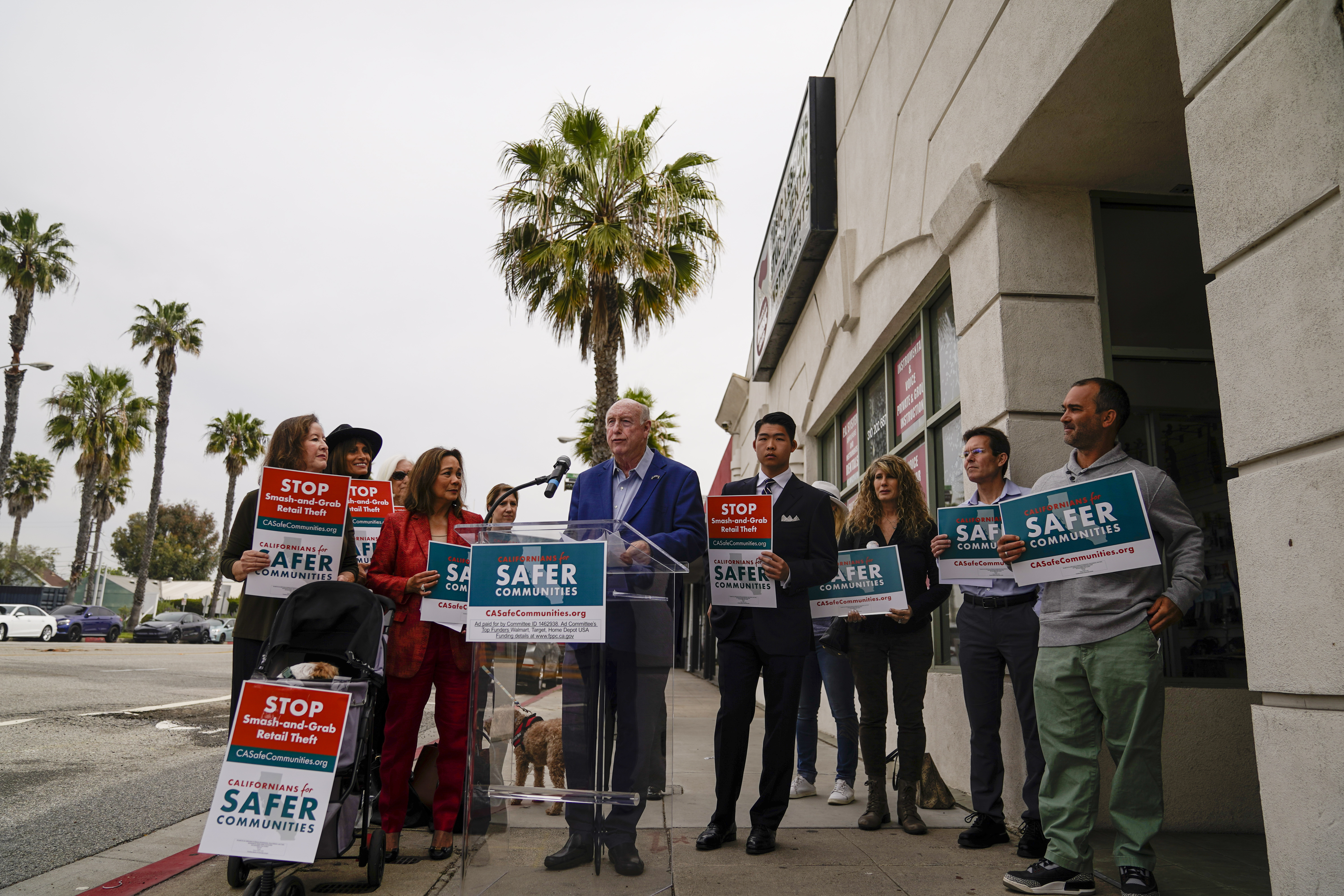A report released Monday by a San Francisco nonprofit says that while new state legislation provides billions for California's roads, the money won't be enough to maintain the state's roads long term.
Officials with the nonprofit Next 10 released "Beyond the Gas Tax: Funding California Transportation in the 21st Century" explaining how Senate Bill 1 is a good start but more money is needed.
"We think it's a very, very good first step," Next 10 founder F. Noel Perry said.
But the state needs $9.8 billion more each year, Perry said.
SB 1 sponsor Sen. Jim Beall, D-San Jose, said, however, that the bill was never intended to provide all the money needed to pay for maintenance for state and local roads, but it goes a long way.
"The money is going to help us quite a bit," Beall said.
It's enough to take care of the state backlog and enough so the counties can tread water, according to Beall.
California
Next 10's report says that the state needs to spend $137 billion to eliminate the state and local backlog, which it calls a deferred maintenance deficit.
But Perry emphasized that money from Senate Bill 1 won't be enough for long-term maintenance.
With the drop in gas prices, increases in fuel efficiency and the growing number of electric vehicles on the road, the amount of revenue from the gas tax will be going down, Perry said.
We need to consider other ways of funding our roads, he said.
One option may be toll roads. Another option may be charging drivers for the number of miles they drive whether they drive an electric or traditional vehicle, he said.
Los Angeles-based Beacon Economics prepared the report for Next 10.
Senate Bill 1 passed the legislature on April 6. The governor has not signed it into law.
Should it become law, it would raise $52.4 billion over 10 years or about $5 billion a year for road maintenance.
Beall emphasized how the bill would improve how efficiently transportation funds are spent.
"We are going to try to become more effective and efficient," he said.
The bill calls for Caltrans to document $100 million in new efficiencies. The bill would also form an inspector general's office, which would identify other more efficient ways to spend money on transportation.
Beall stressed that the backlog has to be eliminated quickly.
Otherwise the cost to repair roads will go up with construction costs.
Once that backlog is gone, however, the cost of maintenance will be lower because crews will be doing less high-cost emergency work.
Then the state will need less money for maintenance.
Perry and Beall agreed the state's bad roads are costing car owners money.
Driving on poorly maintained roads costs drivers $844 a year in vehicle repairs, Perry said, citing research by the American Society of Civil Engineers.
"There is a cost to the potholes we're hitting," he said.



